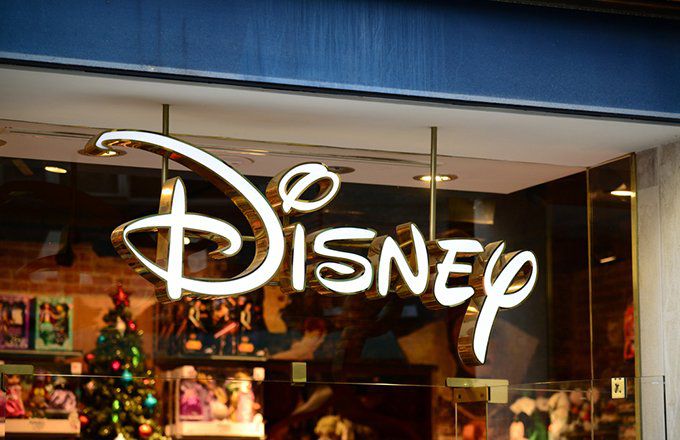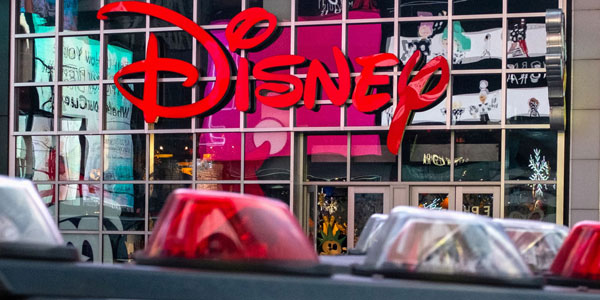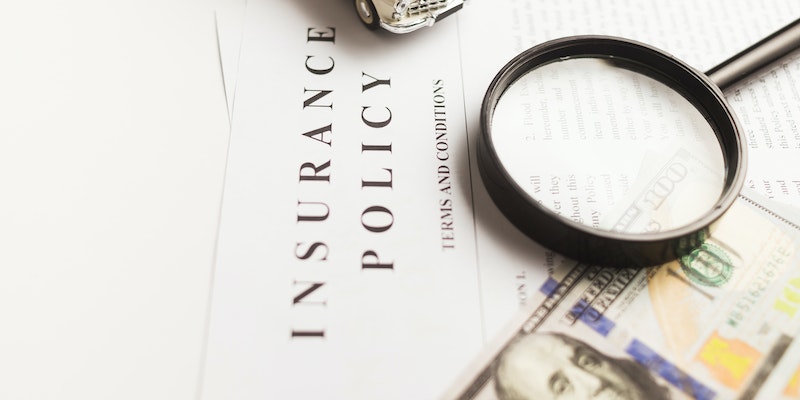Walt Disney Stock: An Analysis of Dividends
Triston Martin
Nov 16, 2023
One of the largest multinational conglomerates, The Walt Disney Company (DIS), is a global leader in creating and distributing entertainment, media, theme parks, resorts, and other consumer goods. Disney controls several well-known American television networks, including Disney, ABC, and ESPN.
In addition to running successful theme parks worldwide, the corporation also makes movies, cartoons, and television series for children and adults. Walt Disney increased its net income to $12.6 billion in 2018 because of its well-recognized brand and very successful sports channel.
The company's parks, experiences, and goods division lost over $10 billion US in 2020 compared to 2019, all because of the COVID-19 epidemic. Walt Disney is a good choice for income investors since the firm has a track record of paying dividends regularly and has even increased those payouts in recent years.
Disney's Dividend Plan

Disney has a history of dividend growth and has increased its payout every year for the past 40 years leading up to 2020. In 2018, Disney doubled their dividend payout to $0.84 per share in cash, which halted in 2020. Before 2015, dividends were distributed every quarter; for the three years prior; they were distributed annually.
Since switching to a semiannual dividend payment schedule, Disney has boosted its payout by 33%. Disney's payout ratio has fluctuated historically between 15% and 30%. When dividends were temporarily halted, the payout ratio was at 28%.
Disney didn't say how it decided how much to pay out in dividends. Still, it was likely tied to performance, particularly the company's ability to create enough operational cash flows to meet its investment and financing needs.
Income Distribution From Disney Shares
The dividend yield for Disney shares was subject to market fluctuations and the company's payout policy. Disney's dividend yield was below average in the years leading up to the pandemic, ranging from 1.2 percent to 1.8 percent.
The stock price rise and the company's preference for reinvesting in itself rather than paying out dividends are likely the main reasons for Disney's low dividend yield. Since share buybacks often delay taxes for investors, some corporations, such as Disney, choose to generate returns to shareholders through buybacks rather than cash dividends.
The Dividend Yield of Disney: To Be Restored?

Disney handed out $2.9 billion in cash dividends in the 2019 fiscal year, the last before the pandemic interrupted operations. In 2020, the dividend was suspended to save funds and maintain the company's future. Investors expect Disney to restore its dividend in the coming quarter now that all of its theme parks reopened in August 2021 and its other companies have resumed operations.
The board decided not to declare or pay a dividend for the first half of fiscal 2021 due to the ongoing recovery from the COVID-19 pandemic and our continued prioritization of investments that support our growth initiatives. In the long run, we plan to continue our practice of paying dividends and repurchasing shares as a means of allocating capital."
Disney is under no obligation to renew dividend payments at the same level. Both the operating performance and the firm's balance sheet will determine whether it will be greater or lower.
Timeline of Disney's Revenue, Debt, and Dividend
Disney's broad franchise activities and successful forays into television and film production helped the firm raise its net income from $7.5 billion in 2014 to more than $12 billion in 2018, before the pandemic radically altered those numbers.
- For the three months ended September 30, 2021, net income was $0.159B, up 122.39% over the same period the previous year.
- For the twelve months ended September 30, 2021, net income was $1.995B, an increase of 169.66% from the previous year.
- There was a 169.66% drop in annual net income to $1.995B in 2021 from 2020.
Walt Disney has $55.84 billion in total debt (including $51.11 billion in long-term debt and $4.73 billion in current debt) as of the most recent financial statement date of August 12, 2021. After deducting $16.07 billion in cash and equivalents, the corporation has a net debt of $39.77 billion.
The Future of Disney
Having secured exclusive rights with the National Football League, Disney's flagship ESPN and ESPN2 channels put the company in a very strong position among media networks. Advertising income for the company's sports channels is substantial compared to other similar channels.
When it comes to media subscriptions for their children, many parents trust Disney Channel. However, Disney's broadcasting sector still shows signs of weakness as more and more people ditch their cable packages in favor of streaming video services. The company's operating cash flow growth may be hampered due to these difficulties.







